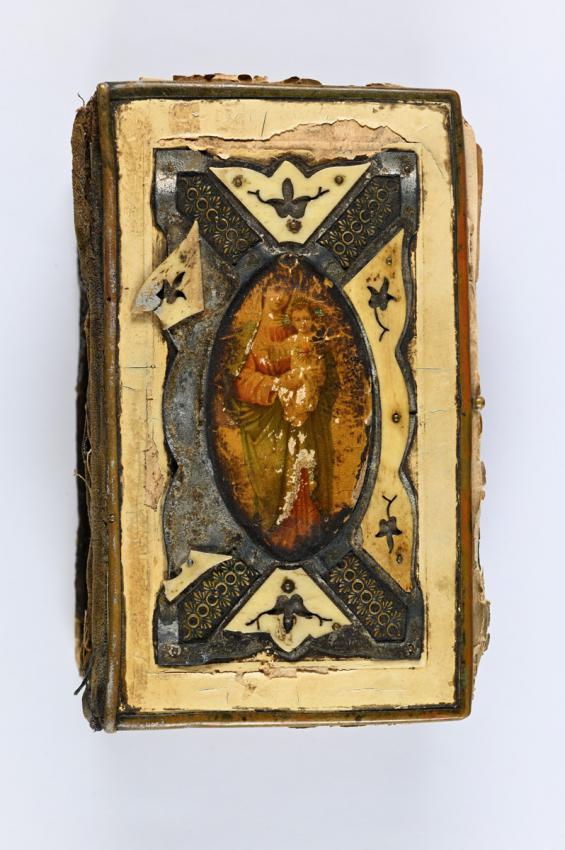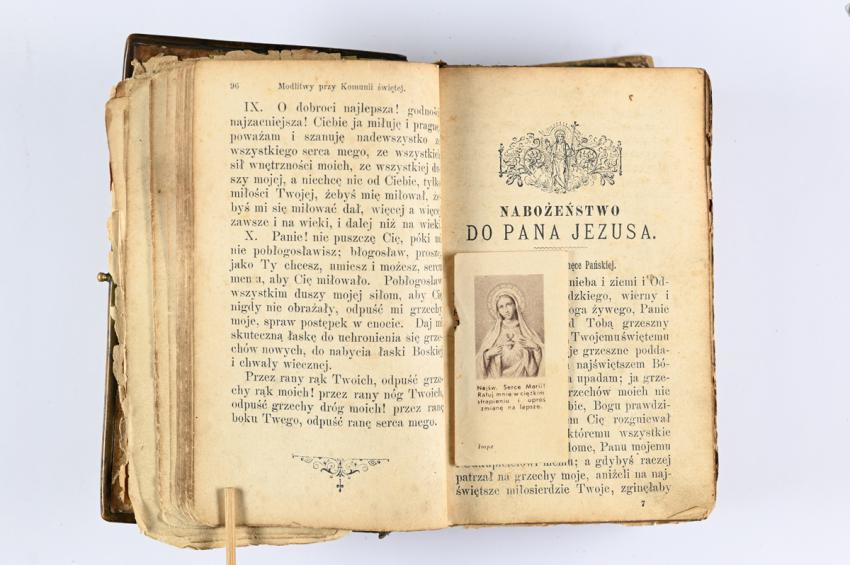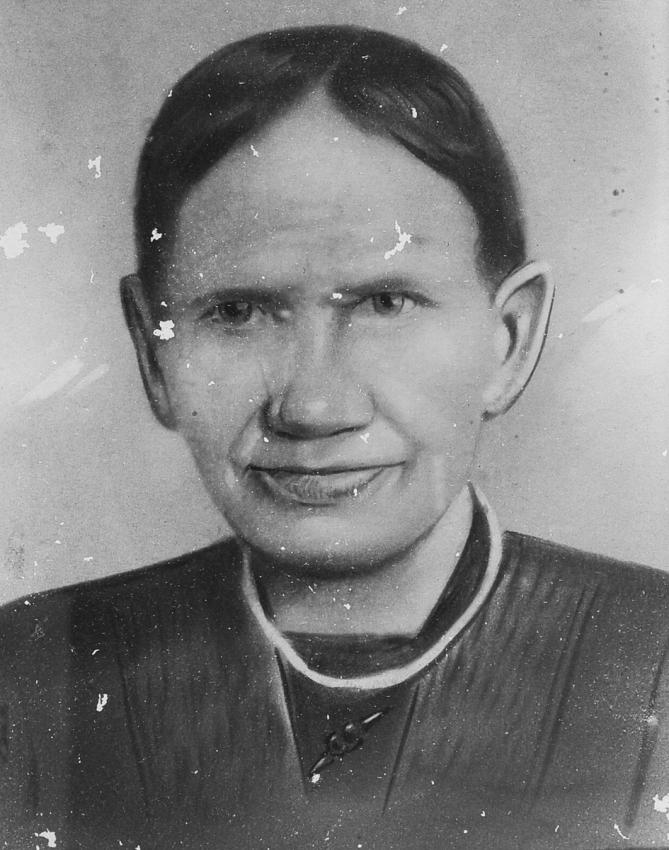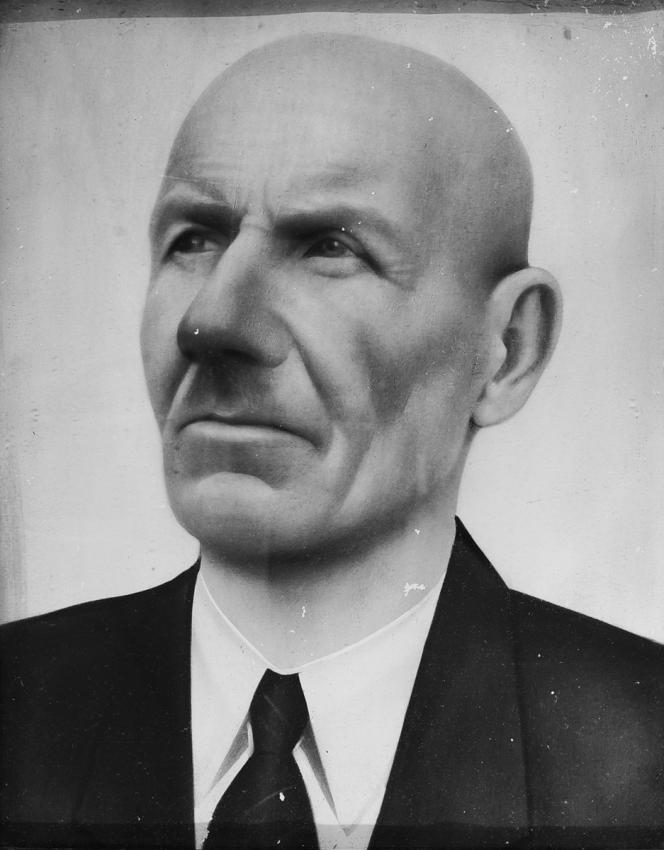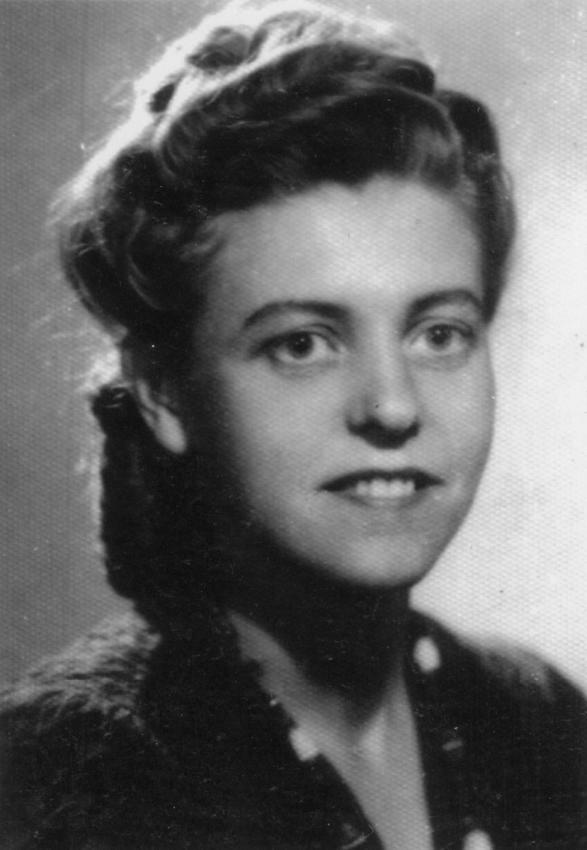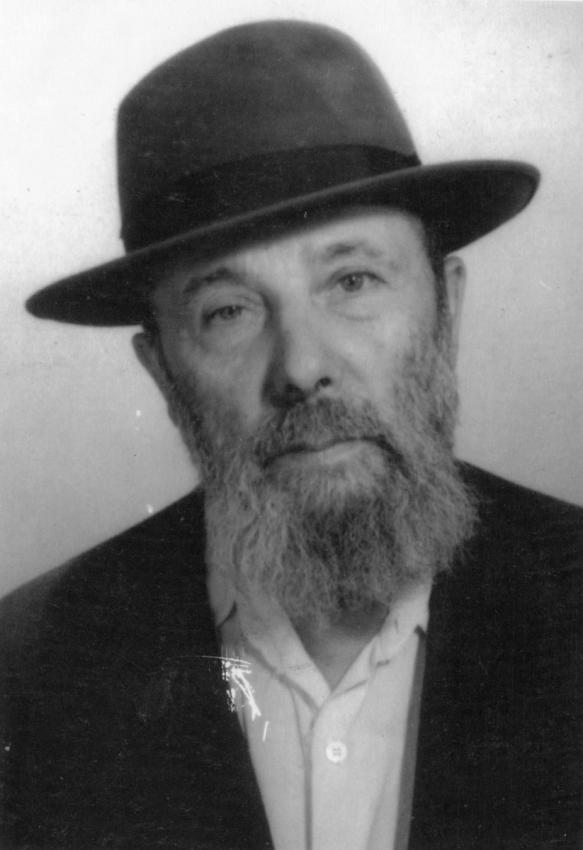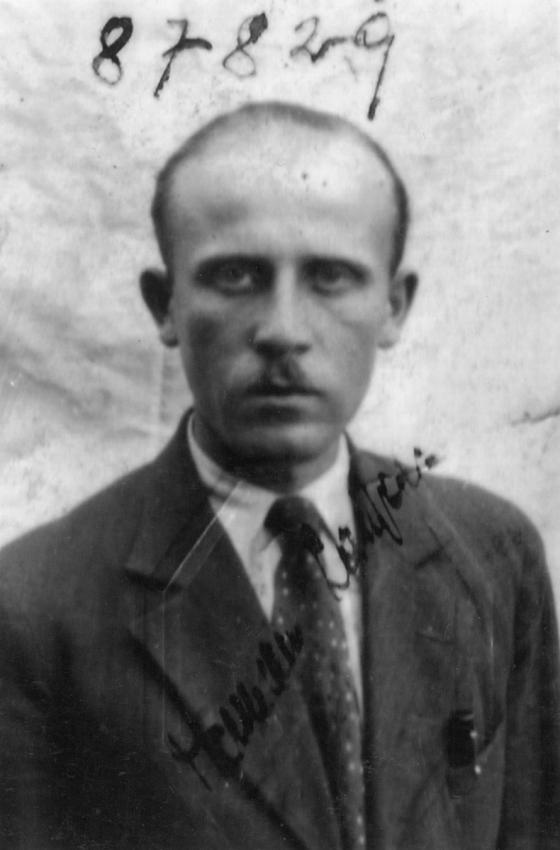Feige and Yehoshua Laufer had owned a large farm in Dublany. Among their workers over the years were Anna and Jan Chelpa. By 1939, the Laufer's two children were adults Their oldest, Tzvi-Henryk, studied civil engineering in Lvov and served as an officer in the Polish Army; their daughter Miriam trained as a bookkeeper.
After the German invasion of Poland, Dublany came under Soviet control and the Laufer farm was nationalized. The family was left with no income and their home was taken over. They moved into the barn and managed to find ways to support themselves. Contact was lost with their officer son after the outbreak of war, and he vanished without a trace.
In the summer of 1941 the German Army captured the area. When directives were issued regarding confiscation of Jewish property, the Laufers lost the little that still remained to them, leaving them with only the clothes on their backs. Christian acquaintances helped, and brought them food and clothing and other essential items despite the danger to themselves.
In the spring of 1943, the mass deportation of Jews began. Up to this point, the Laufers had been assigned to forced labor, but Feige's condition deteriorated until she was included in a transport to the Belzec extermination camp, where she was murdered. Miriam and her father continued at a forced labor camp in the forest, where they worked felling trees.
Soon after, the remaining Jews in Dublany were brutally murdered. Yehoshua and Miriam were among the few who remained in the labor camp, and they were subsequently moved from place to place until they joined a few others who had escaped, and they dug a hideout in the forest. While in hiding, Miriam came a number of times to the home of Jan and Anna Chelpa, who provided her with food. The Chelpas began a search to find a hiding place for Miriam and her father. They found a neighboring farmer who agreed to hide the Laufers for money, but after a short time the Chelpas took Miriam and Yehoshua into their own home. Another Jew, Marcel Ornitz, also hid in the Chelpa home. The three remained in hiding there until the area was liberated. During the entire period, Jan and Anna Chelpa shared their food with the three, washing their clothes, treating their ills, despite the threat to their own lives and without requesting remuneration.
After the war, Miriam married Yitzhak Raps and they had a daughter, Fela. Yehoshua immigrated to Israel in 1948, but under Communist rule, Miriam and Yitzhak were not allowed to leave the country. Miriam remained in regular contact with Anna and Jan Chelpa, and after Jan's death, Miriam kept Anna close. When Miriam and Yitzhak finally received permits to immigrate to Israel in 1965, they took 86-year-old Anna with them, caring for her until her death at an advanced age.
Fela, Miriam's daughter, donated Anna Chelpa's prayer book to Yad Vashem, so that the story of this couple's brave and selfless actions during World War II would continue to resonate. In spite of their poverty, Jan and Anna Chelpa decided to share the little they had and to risk their lives in order to save Jews.
On November 26, 1968, Yad Vashem recognized Anna Chełpa as Righteous Among the Nations.
Yad Vashem Artifacts Collection
Courtesy of Fela (Raps) Keydar, Rehovot, Israel
